Copyright 2007-25 Digital Media Law Project and respective authors. Except where otherwise noted,
content on this site is licensed under a Creative Commons Attribution-Noncommercial-ShareAlike 3.0 License: Details.
Use of this site is pursuant to our Terms of Use and Privacy Notice.
content on this site is licensed under a Creative Commons Attribution-Noncommercial-ShareAlike 3.0 License: Details.
Use of this site is pursuant to our Terms of Use and Privacy Notice.


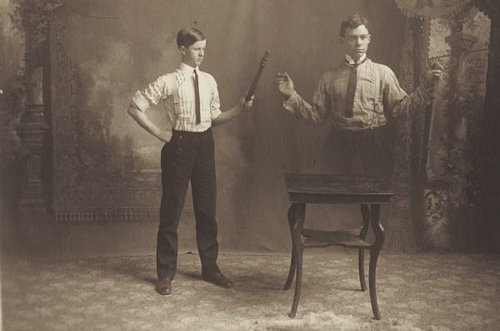
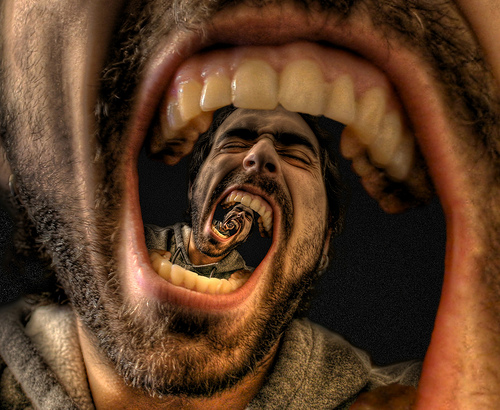 I recall a
I recall a 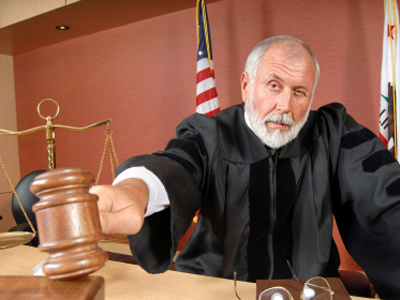 GateHouse Media, Inc., a publisher of local newspapers
GateHouse Media, Inc., a publisher of local newspapers 
 "Man goes to doctor. Says he's depressed. Says life seems harsh and cruel. Says he feels all alone in a threatening world where what lies ahead is vague and uncertain. Doctor says 'Treatment is simple. Great clown Pagliacci is in town tonight. Go and see him. That should pick you up.' Man bursts into tears. Says 'But, doctor...I am Pagliacci.'" -
"Man goes to doctor. Says he's depressed. Says life seems harsh and cruel. Says he feels all alone in a threatening world where what lies ahead is vague and uncertain. Doctor says 'Treatment is simple. Great clown Pagliacci is in town tonight. Go and see him. That should pick you up.' Man bursts into tears. Says 'But, doctor...I am Pagliacci.'" - 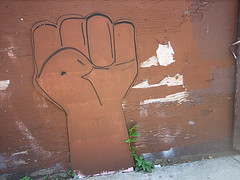 The
The 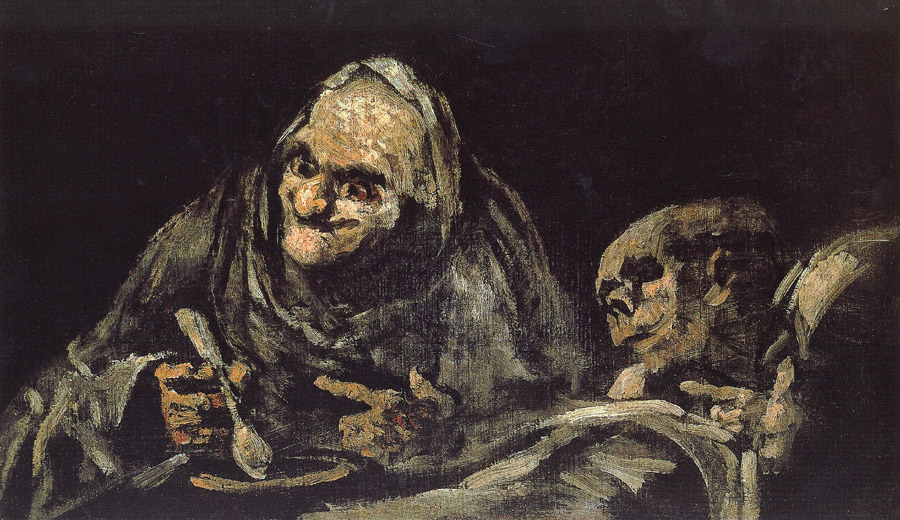
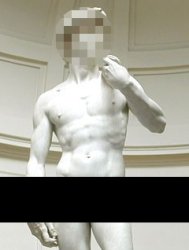 It is a good thing to want to protect children from the vulgarity of the world. Accordingly, states have adopted prohibitions on exhibiting or selling harmful material to minors. These laws make sense, in that we usually don’t want sex shops selling pornography to kids. But occasionally the legislature goes a bit insane and decides that, in order to fully protect the children, we need to criminalize or block off whole sections of the Internet.
It is a good thing to want to protect children from the vulgarity of the world. Accordingly, states have adopted prohibitions on exhibiting or selling harmful material to minors. These laws make sense, in that we usually don’t want sex shops selling pornography to kids. But occasionally the legislature goes a bit insane and decides that, in order to fully protect the children, we need to criminalize or block off whole sections of the Internet.
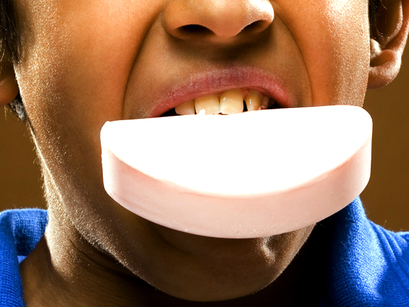 The first rule of Unconstitutional Cyber-Bullying Statute Club is you do not talk about Unconstitutional Cyber-Bullying Statute Club.
The first rule of Unconstitutional Cyber-Bullying Statute Club is you do not talk about Unconstitutional Cyber-Bullying Statute Club. 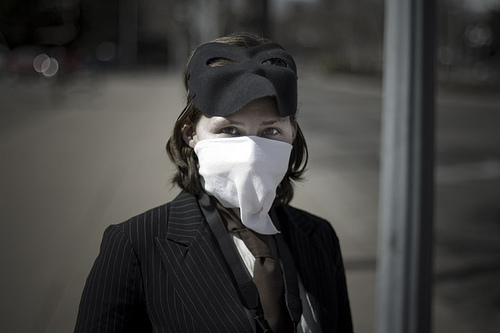 A North Carolina trial court
A North Carolina trial court  A filmmaker's fight against an oil company seeking his raw documentary footage has spurred a national debate on the
A filmmaker's fight against an oil company seeking his raw documentary footage has spurred a national debate on the 
Description:
On September 15, 2009, natural gas distributor Oneok Inc. sued Twitter, Inc. in federal court in Oklahoma for direct and contributory trademark infringement. Oneok's claims were based on a third party's registration and use of the Twitter handle "Oneok" to send tweets about the company.
Oneok withdrew the lawsuit the following day, after the Twitter account was suspended.